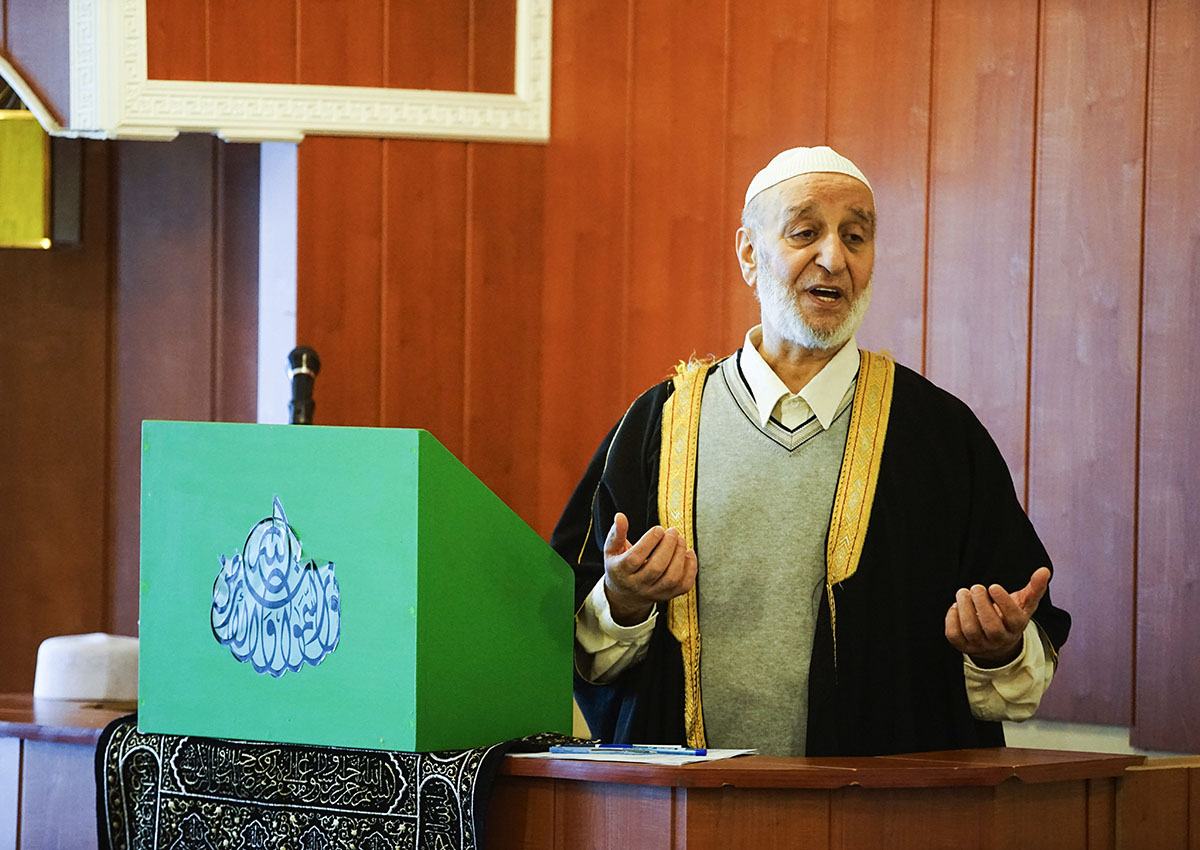Icelandic lawmakers are considering a law that would ban the circumcision of boys for non-medical reasons, making it the first European country to do so.

Some religious leaders in Iceland and across Europe have called the bill an attack on religious freedom. It is seen as a particular threat by Jews and Muslims who traditionally embrace the practice.
READ MORE: 17-year-old Egyptian girl dies during female circumcision
Under the proposed law, the circumcision of boys – removing the foreskin of the penis, usually when the child is a newborn – would be viewed as equal to female genital mutilation and punishable by up to six years in prison.
“This is fundamentally about not causing unnecessary harm to a child,” said Silja Dogg Gunnarsdottir, lawmaker for the centrist Progressive Party, who introduced the bill this month.
The proposed law calls circumcision a violation of human rights “since boys are not able to give an informed consent of an irreversible physical intervention.”
Circumcision is not common in Iceland, a small Atlantic Ocean island nation of 340,000 people that is overwhelmingly Lutheran or atheist, with an estimated 100 to 200 Jews and about 1,100 practicing Muslims.
The bill has eight co-sponsors but is considered unlikely to get a majority in the 63-seat Iceland parliament. It does not have the formal backing of any government ministers but has drawn the support of 422 Icelandic doctors who favour outlawing the 4,000-year-old religious practice.

Get weekly health news
They issued a joint statement Wednesday saying circumcision violates the United Nations Convention on the Rights of the Child and also the physicians’ Hippocratic Oath that says:
“First, do no harm.”
“In Western societies, circumcision of healthy boys has no significant health benefits,” the doctors’ statement read, citing a 2013 paper in the American Academy of Pediatrics journal.
The American academy itself says the health benefits of the practice outweigh the risks but not by enough to recommend universal male circumcision. The U.S. Centers for Disease Control and Prevention says doctors should educate infant boys’ parents about the health benefits of circumcision, which it says reduces the transmission of sexually transmitted diseases including HIV.
READ MORE: Pediatric Society updates advice on circumcision
Physician Eyjolfur Thorkelsson said the 422 signatures (a quarter of the country’s practicing physicians, based on numbers from the Icelandic Medical Association) were collected in just 48 hours.
Since 2006, only 21 boys under the age of 18 have been circumcised at Icelandic hospitals or private clinics, according to Iceland’s Directorate of Health. The agency could not say how many were for religious reasons.
Thorkelsson said the surgical procedure is painful, and its possible complications are well known to Icelandic doctors since most go abroad for training at hospitals in northern Europe or the United States where circumcision is more common.
“For many doctors, it’s an uncomfortable request from parents,” he said.
This view is not accepted in Jewish and Muslim communities. During Friday services at a prayer space above a home goods store, Imam Salmann Tamimi warned his multinational congregation about the proposed law.
“Circumcision is harmless if it’s done at a hospital,” he said. “This bill is appealing to people’s emotion, not evidence.”
He said circumcision was important to Muslims but even more so to Jews.
“This is an attack on all religion and especially Judaism,” he said.
Rabbi Avi Feldman of the Chabad Jewish Center, who last month became Iceland’s first permanent rabbi since World War II, says he hopes the bill does not become law. In a statement to the AP, he said circumcision is a core Jewish practice that serves as a bedrock of Jewish life.
He was hopeful that the “rights for people of all faiths will be preserved and respected.”
Parliament is to continue the first reading of the bill in the next week.
Legislator Gunnarsdottir said many male “victims” of circumcision had reached out to share their stories and seek support since she introduced the bill.
“It’s important for us as a society to discuss this,” she said. “The experience of many men who have had this done to their body without consent confirms that.”







Comments
Want to discuss? Please read our Commenting Policy first.